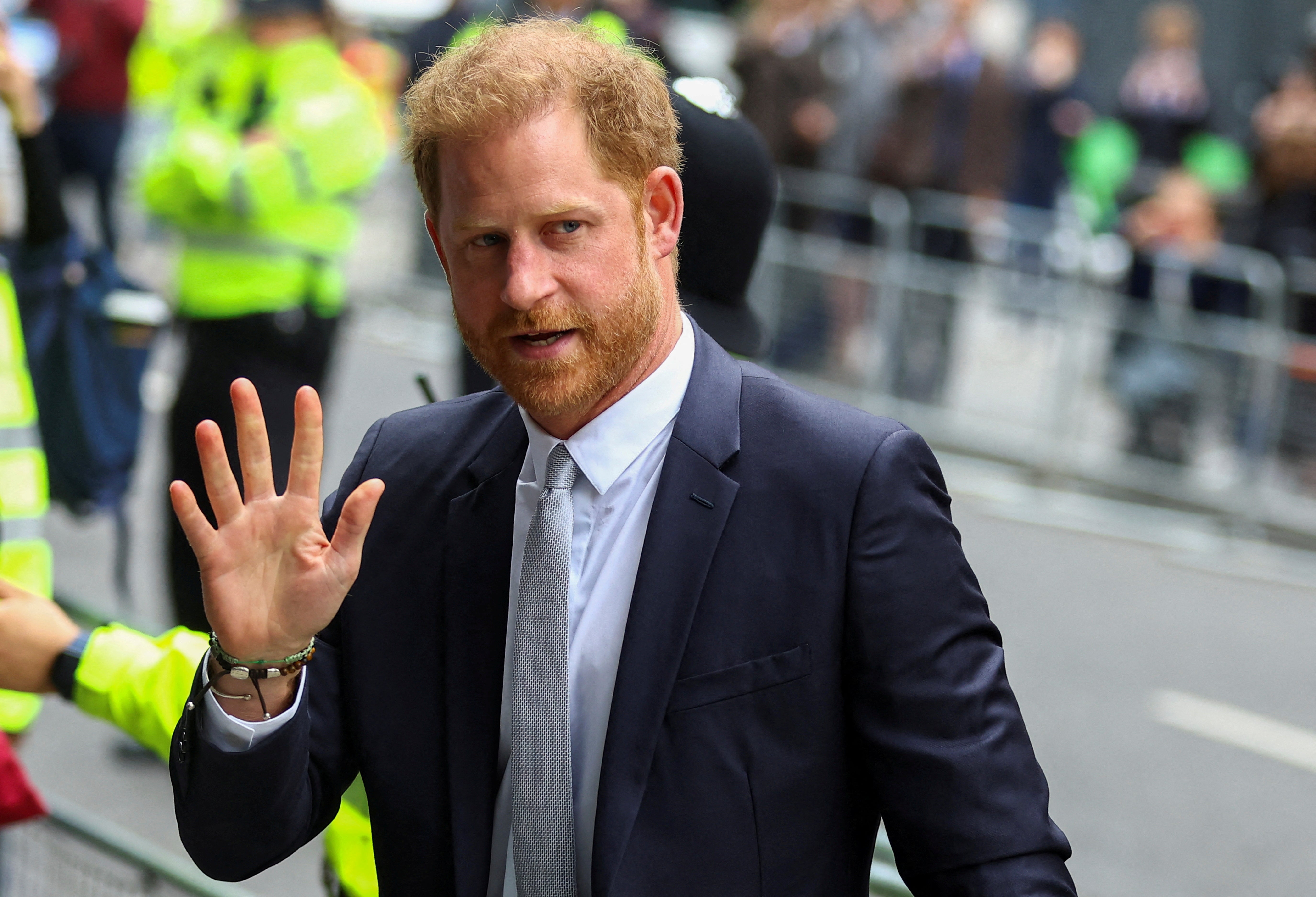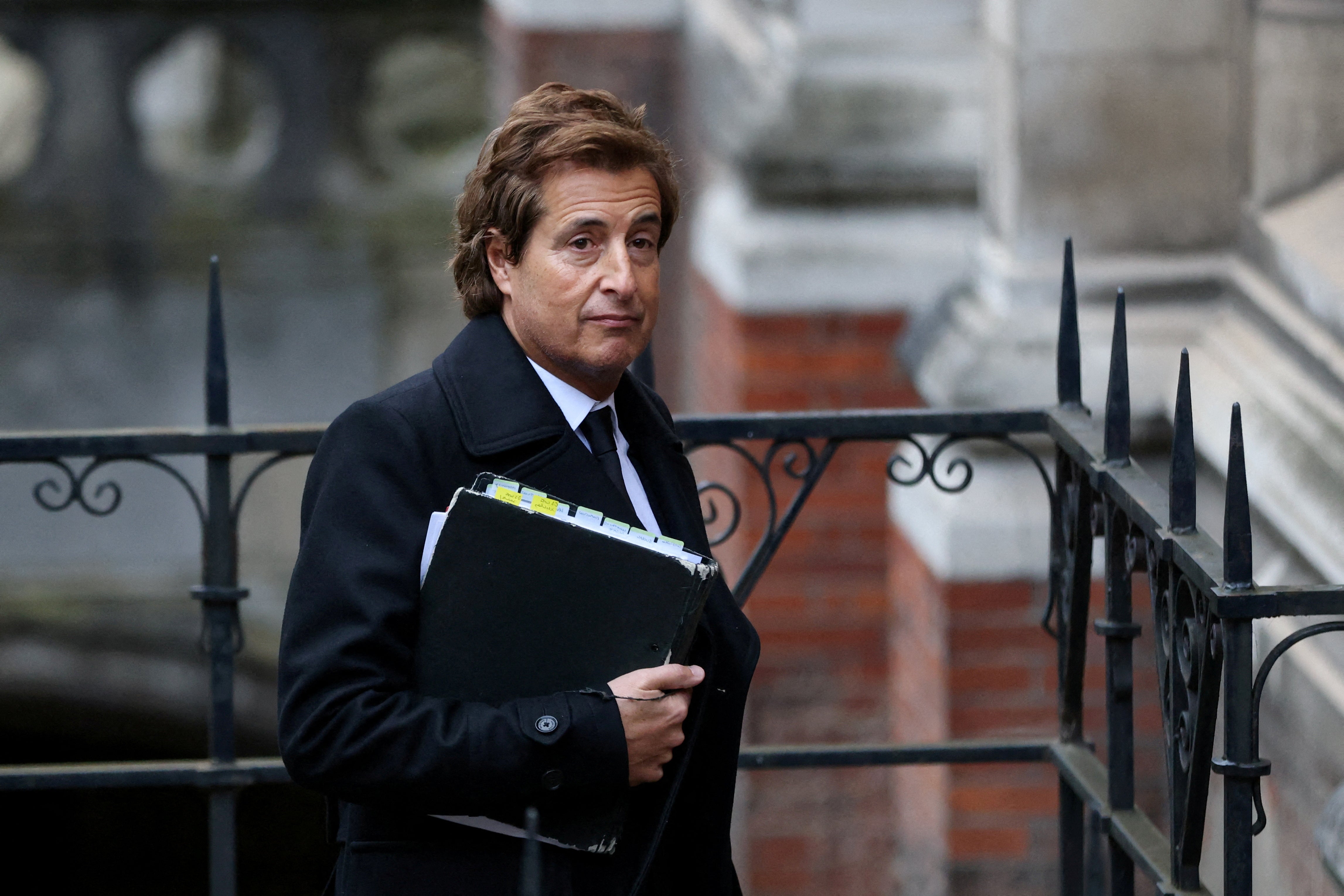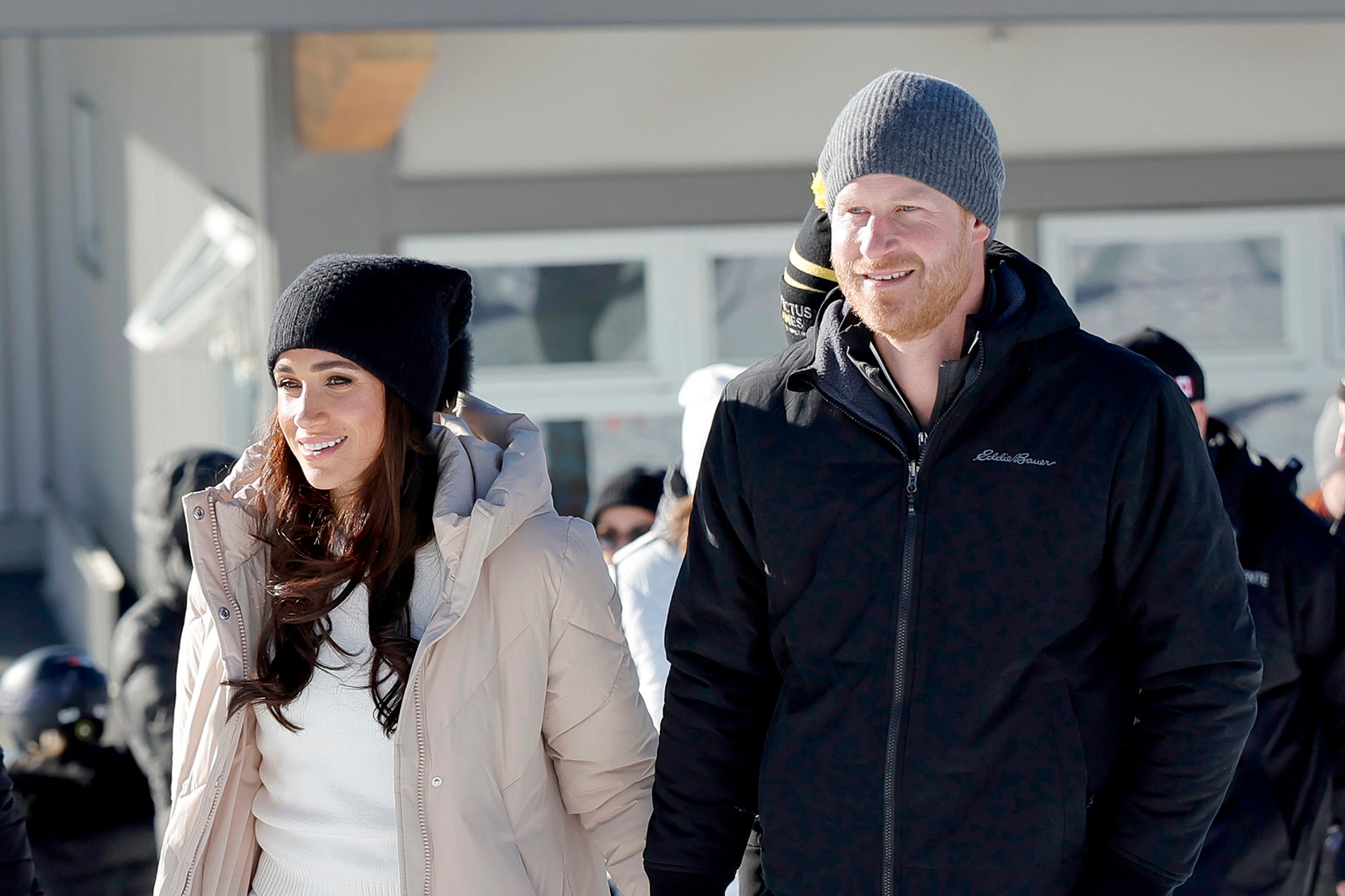Prince Harry to appeal after losing battle with Home Office over security arrangements
Duke of Sussex took action against Home Office over 2020 decision to change level of personal security when visiting UK
The Duke of Sussex will seek an appeal after losing his battle with the Home Office over his security arrangements.
Prince Harry lost a High Court case against the government on Wednesday in a ruling that dismissed his challenge over a decision to change the level of his taxpayer-funded personal security when he visits the UK.
The duke took legal action against the Home Office over the February 2020 decision of the Executive Committee for the Protection of Royalty and Public Figures (Ravec) after being told he would no longer be given the “same degree” of publicly-funded protection when in the country.
Retired High Court judge Sir Peter Lane rejected the duke’s case on Wednesday, concluding that Ravec’s approach was not irrational nor procedurally unfair. In his 52-page partially redacted ruling, he said Harry’s lawyers had taken “an inappropriate, formalist interpretation of the Ravec process”, adding: “The ‘bespoke’ process devised for the claimant in the decision of 28 February 2020 was, and is, legally sound.”
However, following the ruling, a legal spokesperson for Harry said he will appeal, adding: “The duke is not asking for preferential treatment, but for a fair and lawful application of Ravec’s own rules, ensuring that he receives the same consideration as others in accordance with Ravec’s own written policy.”

The duke’s lawyers previously told the court that he was “singled out” and treated “less favourably” in the decision to change the level of his taxpayer-funded personal security.
They said a failure to carry out a risk analysis and fully consider the impact of a “successful attack” on him meant the approach to his protection was “unlawful and unfair”.
The court was told that Harry believes his children cannot “feel at home” in the UK if it is “not possible to keep them safe” there.
The government had said Harry’s claim should be dismissed, arguing that Ravec – which falls under the Home Office’s remit – was entitled to conclude the duke’s protection should be “bespoke” and considered on a “case-by-case” basis.

Home Office lawyers had argued the duke was no longer a member of the group of people whose “security position” was under regular review by Ravec, but he was “brought back within the cohort in the appropriate circumstances”.
The court was told that it was “simply incorrect” to suggest that there was no evidence that the issue of impact was considered, adding that the death of Diana, Princess of Wales – Harry’s mother – was raised as part of the decision.
Wednesday’s hearing heard the duke expressed “disbelief” that conversations over his family’s security were being had without him.
In a letter sent on 10 February to Sir Mark Sedwill, who was cabinet secretary at the time, the judge also noted: “The claimant asked who would be willing to put him and his family in a position of extreme vulnerability and risk – ‘a position that no one was willing to put my mother in 23 years ago – and yet today, with greater risk, as mentioned above, with the additional layers of racism and extremism, someone is comfortable taking accountability for what could happen’.”
Ravec’s decision came as a result of a change in the duke’s “status” after he stopped being a “full-time working member of the royal family”, a judge was told.
Sir Peter on Wednesday said he accepted comments from Sir Richard Mottram, the former chair of Ravec, who said that, even if he had received a document setting out all of Harry’s legal arguments in February 2020, “I would have reached the same decision for materially the same reasons.”

Ravec has delegated responsibility from the Home Office over the provision of protective security arrangements for members of the royal family and others, with involvement from the Metropolitan Police, the Cabinet Office and the royal household.
The majority of the proceedings were held in private, without the public or press present, because of confidential evidence over security measures for Harry and other public figures.
Sir Peter said his ruling contained redactions because if such information was made public it would have “a serious adverse impact on the individuals concerned, as well as being contrary to the public interest, including that of national security”.
A Home Office spokesperson said on Wednesday: “We are pleased that the Court has found in favour of the government’s position in this case, and we are carefully considering our next steps. It would be inappropriate to comment further.
“The UK government’s protective security system is rigorous and proportionate. It is our long-standing policy not to provide detailed information on those arrangements, as doing so could compromise their integrity and affect individuals’ security.”
The security case is one of three recent High Court cases brought by the duke, alongside claims over allegations of unlawful information gathering against publishers News Group Newspapers (NGN) and Associated Newspapers Limited (ANL).
Earlier this month, Harry settled the remaining parts of his phone hacking claim against Mirror Group Newspapers.
It came after the duke decided in January to withdraw a libel claim against ANL over a February 2022 Mail on Sunday article about his legal challenge against the Home Office.
Harry, who was not present at the December hearing, lives in North America with wife Meghan and their children after the couple announced they were stepping back as senior royals in January 2020.
Join our commenting forum
Join thought-provoking conversations, follow other Independent readers and see their replies
Comments
Bookmark popover
Removed from bookmarks